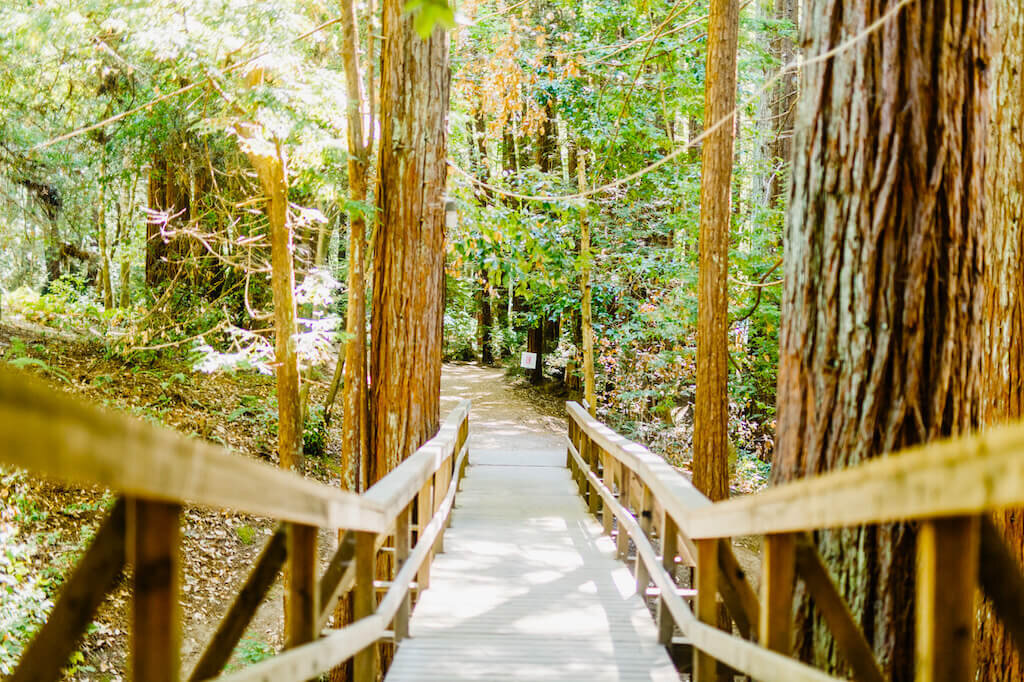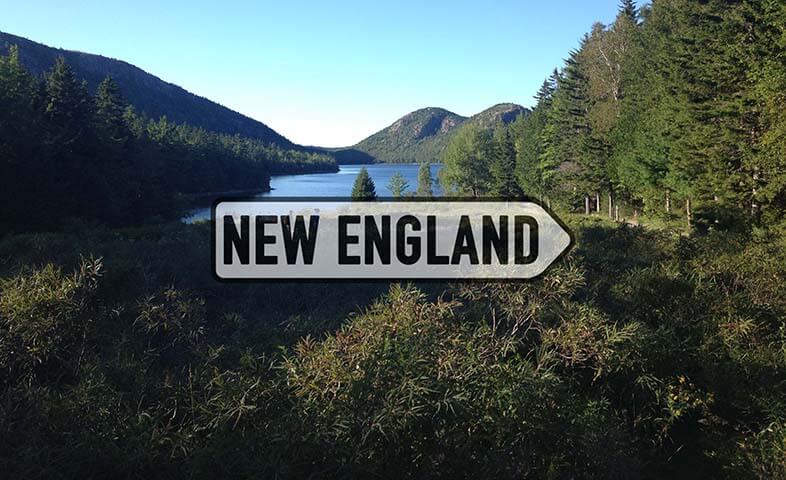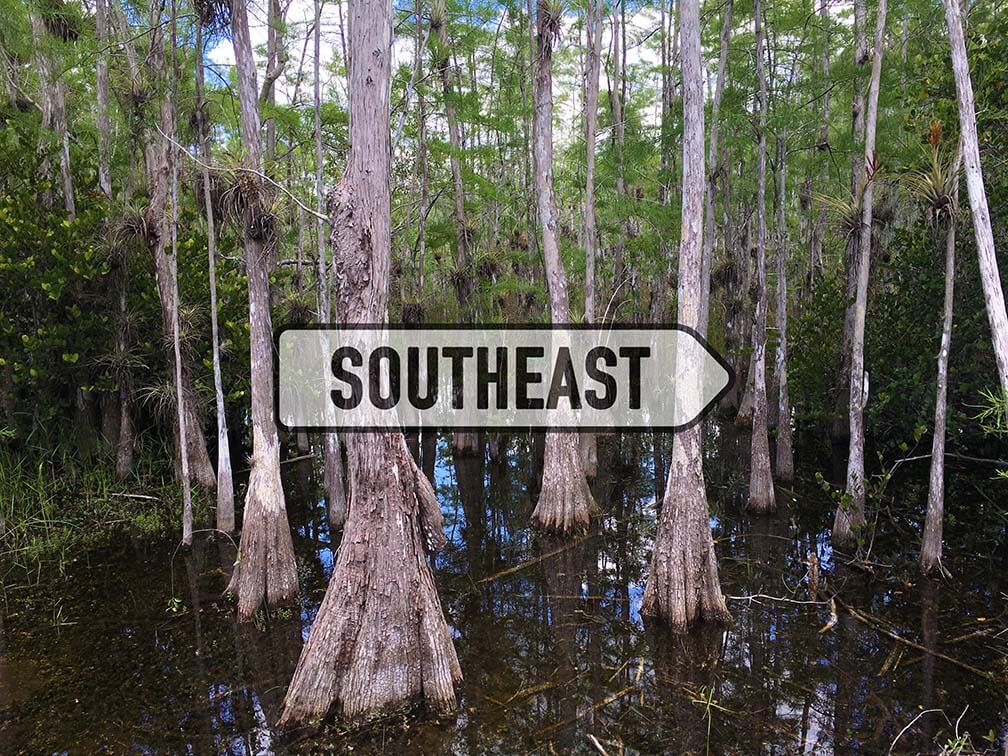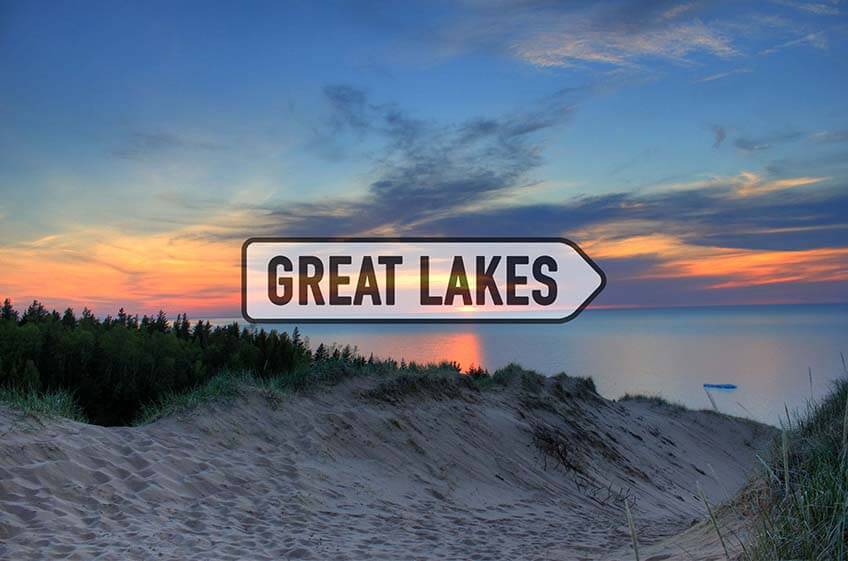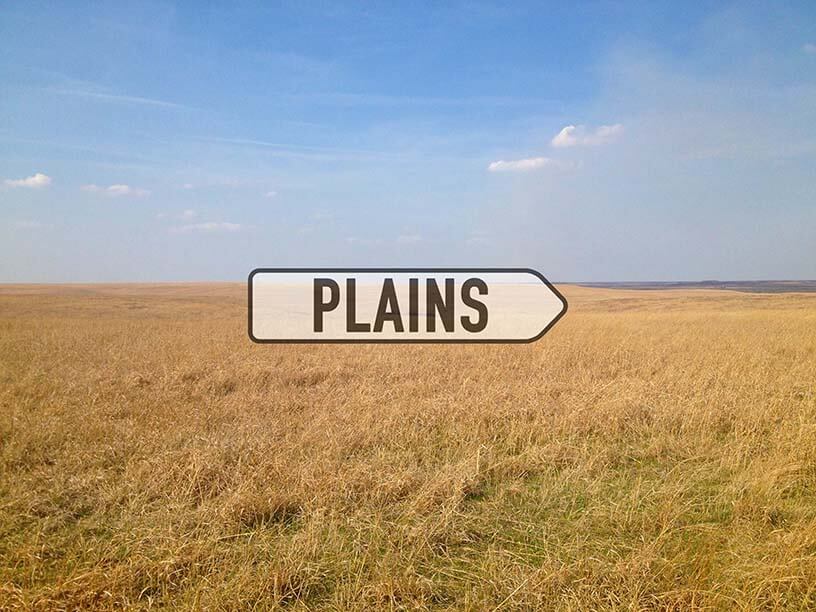Babes in the Woods
By Lia Seth
I navigated my Honda Civic between redwoods, trying to follow the dirt path masquerading as a road. A line of cars stretched out before and behind me, reaching all the way back to Highway 84. None of us were equipped for any sort of off-roading. Nonetheless, we followed the woman in the floral blazer as she directed us to an unpaved clearing where we would leave our cars behind for the next 72 hours.
Although fewer than 120,000 acres (about 5%) of the original old-growth redwood forest remains today, the pockets that still exist represent power and majesty, centuries of effort to create such a vivid landscape. It was August, but the air under the towering canopy was cool, the heady smell of pine needles and petrichor hitting me before I even opened the door. My sister and I grew up spending summers at campsites near this one, nestled high in the hills between Silicon Valley and the Pacific Ocean. This group of one hundred adult women was buzzing with the same nervous energy as preteen campers; strangers greeted strangers, sussing out who in the crowd may become their new confidantes or friends by the end of the session.
Compact Camp, photo by Madison Short Photography.
When I’d heard that The Compact, an organization I admired for their unapologetically feminist views and unwavering belief in the power of friendship, was putting together a feminist women’s retreat in the familiar woods near my childhood home, I was thirteenth in line to reserve my spot.
Camping was not unfamiliar to me – I grew up as a Girl Scout and went on countless camping trips by the time I was eighteen. I loved throwing a tarp down on the flattest patch of dirt, lining up our sleeping bags, and peering up at the redwoods above us. I felt so small in their presence, not only because of their massive height but because of how much change they’ve seen in the world around them. The average redwood tree lives to be between 500 and 800 years old, but some have been around for millennia. Civilizations have risen and crumbled around them, and here I was, only just learning how to tie a square knot.
After college, I became a troop leader, guiding one troop from 7th through 12th grade. Those girls graduated from high school – and from active Girl Scouting – in 2018, just as the Boy Scouts announced that they would be opening their ranks to include girls. Many praised the change, claiming that giving little boys a place to work alongside little girls and see them as equal partners would make a huge difference in the way people treat each other.
But I disagreed.
Having gone through Girl Scouts myself and later getting to witness my troop go through those years again through the lens of an adult leader, I was reminded that girls need their own space, especially during early adolescence, when their worldview and personalities and future decisions are shaped so heavily by every experience. In a world of "boys will be boys," where does that leave girls, and what does that tell them about what they can and can't be?
After settling into my cabin at Compact Camp, we were ushered to logs surrounding a fire-pit for a welcome talk by the founder. Over crackling embers and a loaded s’mores bar, she told us about the feminist spaces she had occupied: women’s retreats, friend groups, and even her own company. Most of those spaces were business-oriented, but camp would be all about getting personal. We would spend the next three days in these woods taking workshops to connect with our minds, our bodies, our goals, and our fears. Schedules filled with options including “Heartsong Journaling,” “Buti Yoga,” and “Twilight Ziplining” were distributed, and the group broke into whispers about what was coming and how we might change once we left the woods at the end of camp. “Someone mentioned crystals, but I don’t know how I feel about the whole woo thing.” “Oh, I’m ready to embrace the woo! I love that stuff. But I don’t know about the zipline.” “I’ll go with you!” “I’ve never been camping before! Will there be bears?” “Not unless you count bear-ing your soul.”
The need for designated space for girls to explore doesn't disappear as soon as she ages out of Scouting. Class sizes at my co-ed public high school were large, and students were simultaneously rowdy and eager to learn. I sometimes struggled to find my place in the fray—not knowing when I should speak up, volunteer information, or ask a question.
In junior year, I fell in love with a women's college in the middle of a co-ed consortium. The students were smart and sure of themselves. They were dramatically beautiful and unabashedly geeky and everything in between. On top of that, the campus was routinely featured as one of the most nationally beautiful, boasting fruit and olive trees dotting over a dozen courtyards and gardens. I applied early and was accepted.
Though I was not completely isolated from men there, I did have distinct pockets of female spaces. Dormitories and core classes housed students only from my college, meaning I was living with and learning next to other women. Having that space to raise my hand and speak my own mind without worrying about a man speaking for me or over me during those formative years were a crucial part in learning how to speak up in any situation.
Compact Camp, photo by Madison Short Photography.
It's now been nearly a decade since I graduated from college. I attended my last reunion so I could be among those women again, every one of them as smart and beautiful and geeky as I remembered. Gathering under a sweet-smelling kumquat tree and listening to the calming sound of running water in the fountain, we caught up on our lives—work, grad school, relationships—but we also talked about what was going on in the world. It was the summer of 2016 and the country was on the cusp of electing a new president. We wondered with cautious excitement at what the world might look like six or twelve months from now, and how our lives would change. No one was playing devil's advocate, no one was questioning whether our growing fears were real or reasonable. We had a completely safe space to share and affirm, something I hadn't felt since graduation.
Unfortunately, recent studies are showing that my preferences aren't universal. According to the president of another (formerly) women's-only college, under 1% of full-time female college students today attend a women's college and only 2% of female high school seniors say they would even consider attending a women's college. Because of this, more and more single-sex colleges are opting to go co-ed in order to stay relevant and keep admissions high. I mourn every transition, every loss of another space where women can come into their own. In college, I learned to let myself speak up, to trust myself, to love myself. I wouldn't have had those same experiences had I not been in a space that was built and maintained specifically for women.
Those lessons were not only repeated, but also amplified at camp. The keynote speech centered around the role of women in today’s still male-centered society, and how we are taught that asserting ourselves or asking for what we need is "rude" or "demanding.” The speaker showed us how to recognize and ask for the things we deserve. “People might tell you to stay in your lane,” she said, “but lanes are for cars, not women.” I realized my own worth all over again, and threw myself into the rest of the weekend’s activities.
I made crafts. I tried group meditation. I donned a harness and zip-lined through the towering redwoods, the sun setting behind me. All around me, all I heard were compliments: “I love your sneakers!” “Your friendship bracelet knots are so clean!” “You looked so graceful up in that harness!” None of them had any irony, any ulterior motives, any self-shaming. It was all positive.
On the last day of camp, I was sitting on a picnic table with five other women. We were passing time before hiking to the final campfire ceremony by discussing our camp experiences. Picking idly at the dried green needles on the table, one woman admitted that she had never been in a space just for women before, and expressed how much this weekend had meant to her. We all agreed that these types of spaces were harder and harder to find, and that we’d come back to camp again in a heartbeat.
Compact Camp, photo by Madison Short Photography.
Months later, the Compact announced that they would not be bringing camp back the next year. The team had gone through an emotionally taxing year and did not have the resources to make the magic happen again. It’s unlikely to come back in 2020 either, when we might need it most— heading into another contentious election year, amidst constant political backlash against women.
Like the redwoods, spaces that are designated for women have been dwindling. Some are hacked down by men and the patriarchy. Some rot from the inside. Some simply age out of existence. But new saplings, spaces, and ideas are always being planted. Camp may have only been one weekend, but similar retreats are being created around the globe. These restoration efforts can slowly heal past damages and allow new communities of strong trees and strong women to return and thrive.
Lia Seth (she/her) is a Human Resources specialist living in the San Francisco Bay Area Peninsula. She is a lifetime Girl Scout member, pub trivia host, and avid cross-stitch enthusiast. Her original writing has been used and featured by Pearson Education, the Gottman Institute, Practical Media Inc., Girl Scouts of Northern California, the Disability Visibility Project, AMI (Accessible Media Inc.) Radio, and local NPR radio stations.




